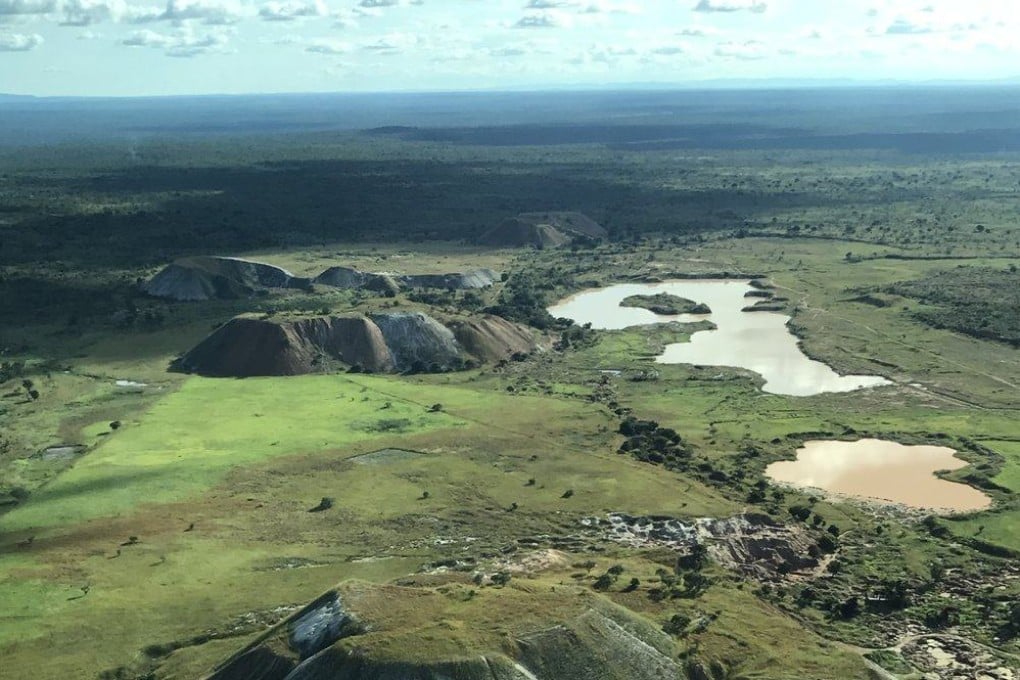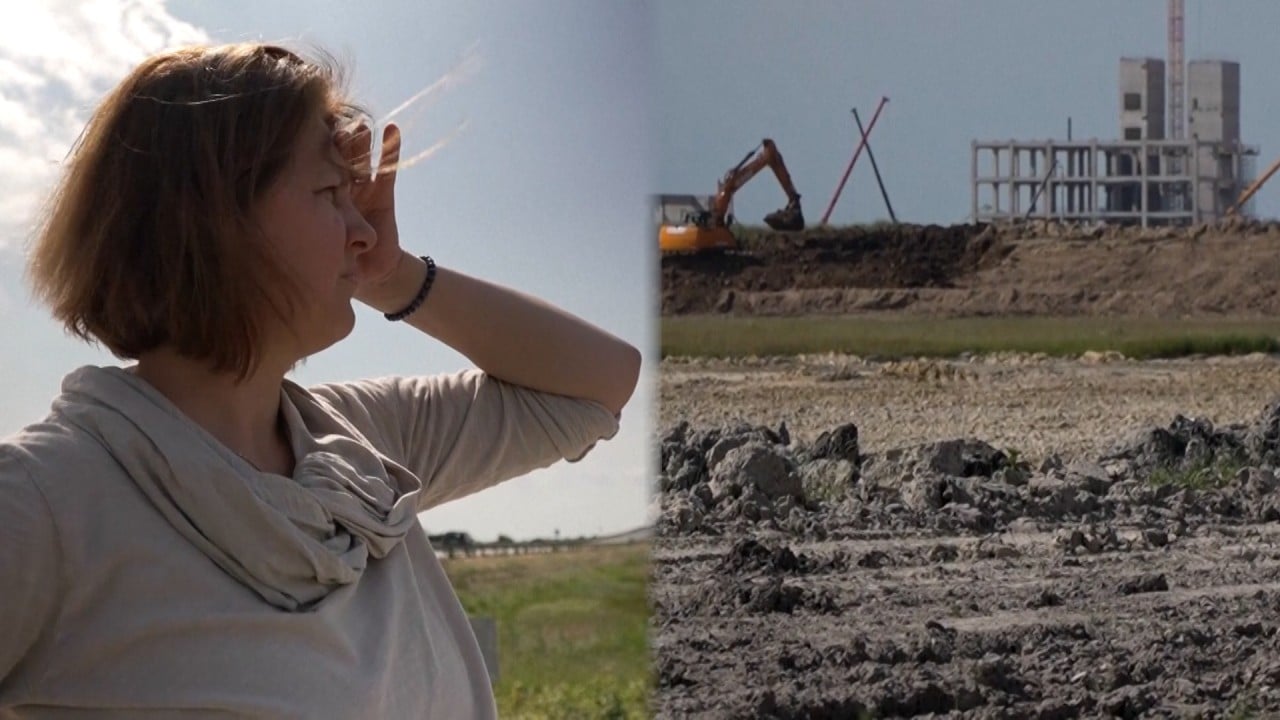Africa’s minerals giants push for bigger battery bucks as China and the West vie for clean energy resources
- Namibia, DRC and Zimbabwe have significant deposits of lithium and want their resources processed locally to get better value from the metals
- Having more of the supply chain in your country creates jobs and tax revenue but capital, legal certainty and technical talent are needed, says analyst

As the world transitions to green energy, they are capitalising on rising demand for the minerals, especially lithium and cobalt which many countries are banking on to achieve clean energy ambitions.
Namibia last week banned the export of unprocessed lithium and other critical minerals because it wants its economy to benefit more from them. The country’s cabinet last week approved the ban on the export of unprocessed lithium ore, cobalt, manganese, graphite and rare earth minerals – all critical in the global green energy transition.
The southwest African country has significant deposits of lithium as well as rare earth minerals such as dysprosium and terbium used to make magnets in the batteries of electric cars and wind turbines. It is also one of the world’s largest uranium and diamond producers.
However, Namibia’s deputy minister of information and communications technology, Emma Theofelus, said smaller quantities of the minerals might be allowed for export at the discretion of the minister of mines and energy, subject to cabinet endorsement.
China is the dominant player in global lithium processing, accounting for more than half the world’s total. Meanwhile, the United States and Canada refine less than 5 per cent each, according to Benchmark’s lithium forecast. But the US and some other Western nations are not letting China go unchallenged.

